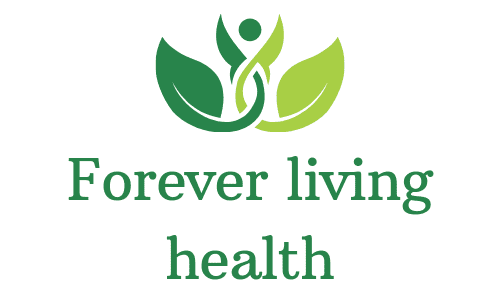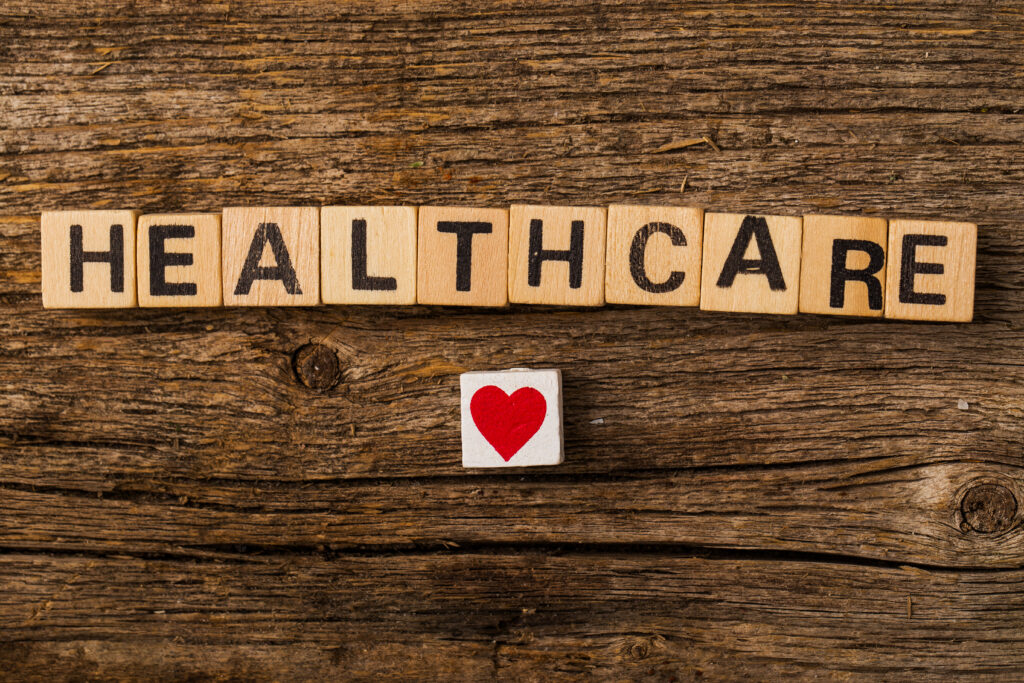- Introduction
- Understanding Health Rights
- What are health rights?
- Importance of health rights
- My Health, My Right: Advocating for Personal Well-being
- Empowerment through knowledge
- Access to healthcare services
- Right to privacy in medical matters
- Challenges to Health Rights
- Economic barriers
- Discrimination and stigma
- Lack of education and awareness
- Safeguarding Health Rights
- Legal protections
- Community support and advocacy
- Self-advocacy and empowerment
- Promoting Health Equity
- Addressing disparities
- Ensuring accessibility
- Culturally sensitive healthcare
- Taking Action: Steps Towards Upholding Health Rights
- Education and awareness campaigns
- Support for marginalized communities
- Advocacy for policy change
- Empowering Individuals: A Call to Action
- Importance of self-advocacy
- Making informed decisions
- Being proactive about health needs
- Conclusion
- FAQs
- What are some examples of health rights violations?
- How can individuals advocate for their health rights?
- Are health rights the same globally?
- What role does education play in promoting health rights?
- How can communities support the enforcement of health rights?
Introduction
Well-being isn’t only the shortfall of ailment; it envelops physical, mental, and social prosperity. In today’s world, where healthcare systems vary widely and access to quality care isn’t universal, asserting one’s health rights becomes paramount. “My Health, My Right” is not just a statement; it’s a movement towards ensuring individuals have control over their health destinies.
Understanding Health Rights
What are health rights?
Health rights refer to the entitlements every individual possesses regarding their health. These rights include access to healthcare services, the right to make informed decisions about medical treatment, and privacy in medical matters.
Importance of health rights
Health rights are fundamental to human dignity and well-being. They empower individuals to take charge of their health, make informed choices, and seek necessary care without discrimination or barriers.
My Health, My Right: Advocating for Personal Well-being
Empowerment through knowledge
Knowledge is power, especially in matters of health. Understanding one’s rights empowers individuals to demand appropriate care, ask pertinent questions, and make informed decisions about their health.
Access to healthcare services
Access to healthcare is a fundamental health right. It involves not only physical access to facilities but also affordability, quality, and cultural competence in service delivery.
Right to privacy in medical matters
Classification is significant in keeping up with trust among patients and medical services suppliers. Individuals have the right to privacy regarding their medical information and treatment decisions.
Challenges to Health Rights
Economic barriers
Financial constraints often impede access to healthcare services, medications, and preventive measures. Socioeconomic disparities exacerbate health inequalities, leaving marginalized communities at a disadvantage.
Discrimination and stigma
Discrimination based on race, gender, sexual orientation, or disability can lead to unequal treatment in healthcare settings. Stigma surrounding certain health conditions may deter individuals from seeking care, further compromising their health rights.
Lack of education and awareness
Many individuals are unaware of their rights or lack the knowledge to assert them effectively. Limited health literacy can hinder individuals from understanding their treatment options, making it challenging to advocate for their needs.
Safeguarding Health Rights
Legal protections
Laws and policies play a crucial role in safeguarding health rights. Legal frameworks protect individuals from discrimination, ensure access to essential services, and uphold privacy rights in healthcare settings.
Community support and advocacy
Communities play a vital role in advocating for health rights. Support networks provide resources, information, and solidarity to individuals facing health challenges, fostering a sense of empowerment and collective action.
Self-advocacy and empowerment
Individuals must be proactive in asserting their health rights. By educating themselves, speaking up for their needs, and seeking support when necessary, individuals can empower themselves to navigate the healthcare system effectively.
Promoting Health Equity
Addressing disparities
Health equity entails ensuring everyone has a fair opportunity to attain their highest level of health. Addressing social determinants of health, such as income, education, and access to resources, is essential in reducing disparities.
Ensuring accessibility
Health services must be accessible to all individuals, regardless of their geographic location, socioeconomic status, or cultural background. This includes physical accessibility, affordability, and linguistic and cultural competence in service delivery.
Culturally sensitive healthcare
Providing culturally sensitive care involves understanding and respecting the cultural beliefs, practices, and preferences of diverse patient populations. Culturally competent care promotes trust, improves communication, and enhances health outcomes.
Taking Action: Steps Towards Upholding Health Rights
Education and awareness campaigns
Raising awareness about health rights is essential in empowering individuals and communities to advocate for equitable access to healthcare. Educational campaigns can dispel myths, combat stigma, and promote health literacy.
Support for marginalized communities
Marginalized communities often face disproportionate barriers to healthcare access. Providing targeted support, resources, and advocacy can help address systemic inequalities and ensure everyone receives the care they deserve.
Advocacy for policy change
Policy advocacy plays a critical role in advancing health rights on a broader scale. By advocating for legislative changes, funding allocations, and policy reforms, individuals and organizations can effect systemic change and improve health outcomes for all.
Empowering Individuals: A Call to Action
Importance of self-advocacy
Self-advocacy is essential in navigating the complexities of the healthcare system and ensuring one’s needs are met. By being proactive, asking questions, and asserting their rights, individuals can advocate for their health and well-being effectively.
Making informed decisions
Informed decision-making involves weighing risks and benefits, considering personal values and preferences, and consulting trusted healthcare professionals. By actively participating in their care, individuals can make choices aligned with their health goals and priorities.
Being proactive about health needs
Preventive care and early intervention are key components of maintaining optimal health. By prioritizing regular check-ups, screenings, and healthy lifestyle habits, individuals can take proactive steps to prevent illness and promote longevity.
Conclusion
“My Health, My Right” encapsulates the fundamental principle that every individual has the right to optimal health and well-being. By advocating for health rights, individuals can empower themselves and others to access quality care, make informed decisions, and lead healthier lives.
FAQs
What are some examples of health rights violations?
Health rights violations can include denial of care based on discriminatory practices, breaches of patient confidentiality, and barriers to accessing essential services due to economic or social factors.
How can individuals advocate for their health rights?
Individuals can advocate for their health rights by educating themselves about their entitlements, speaking up for their needs in healthcare settings, seeking support from community resources, and engaging in policy advocacy to effect systemic change.
Are health rights the same globally?
While there are universal principles of health rights, their implementation and enforcement vary across countries and regions due to differences in legal frameworks, healthcare systems, and socio-cultural contexts.
What role does education play in promoting health rights?
Education plays a crucial role in promoting health rights by empowering individuals with knowledge about their entitlements, raising awareness about healthcare disparities, and fostering informed decision-making and self-advocacy.
How can communities support the enforcement of health rights?
Communities can support the enforcement of health rights by providing resources, advocacy, and solidarity to individuals facing health challenges, promoting inclusive and culturally competent healthcare services, and advocating for policy reforms to address systemic inequalities.



1 thought on “Empower Your Well-being: Championing ‘My Health, My Right’ in 2024”